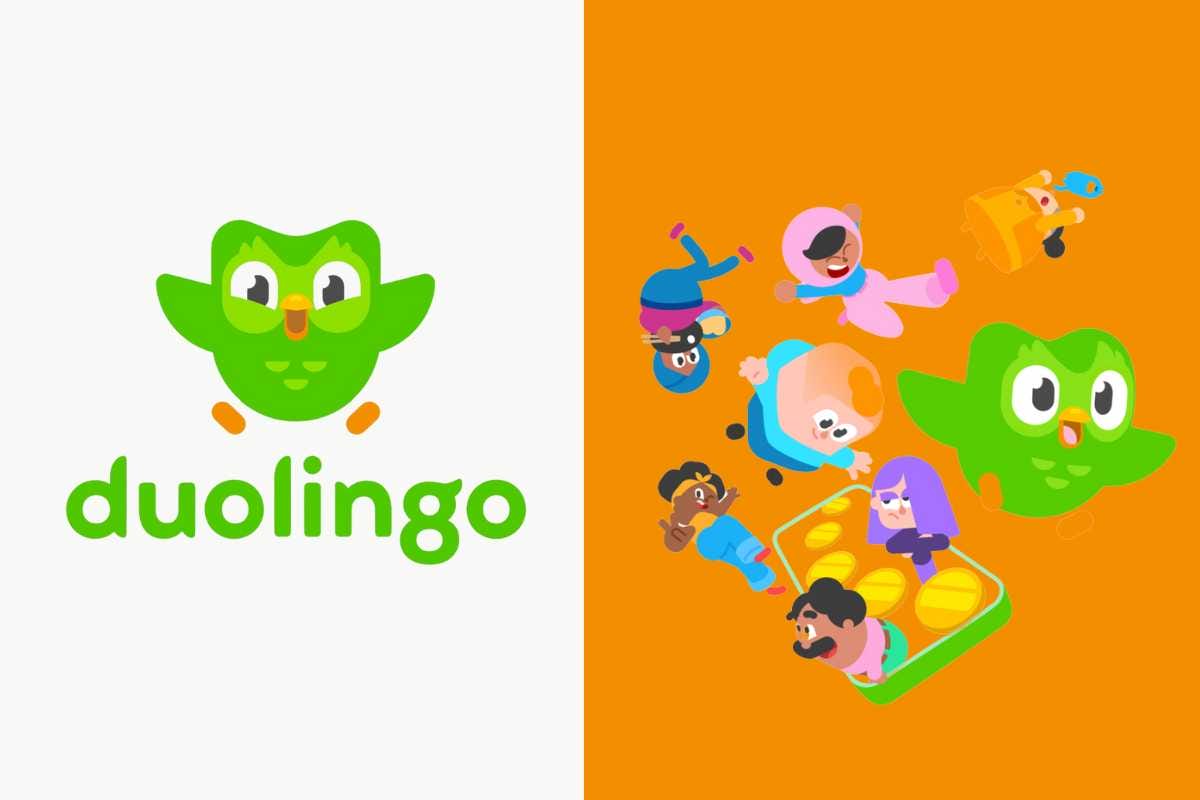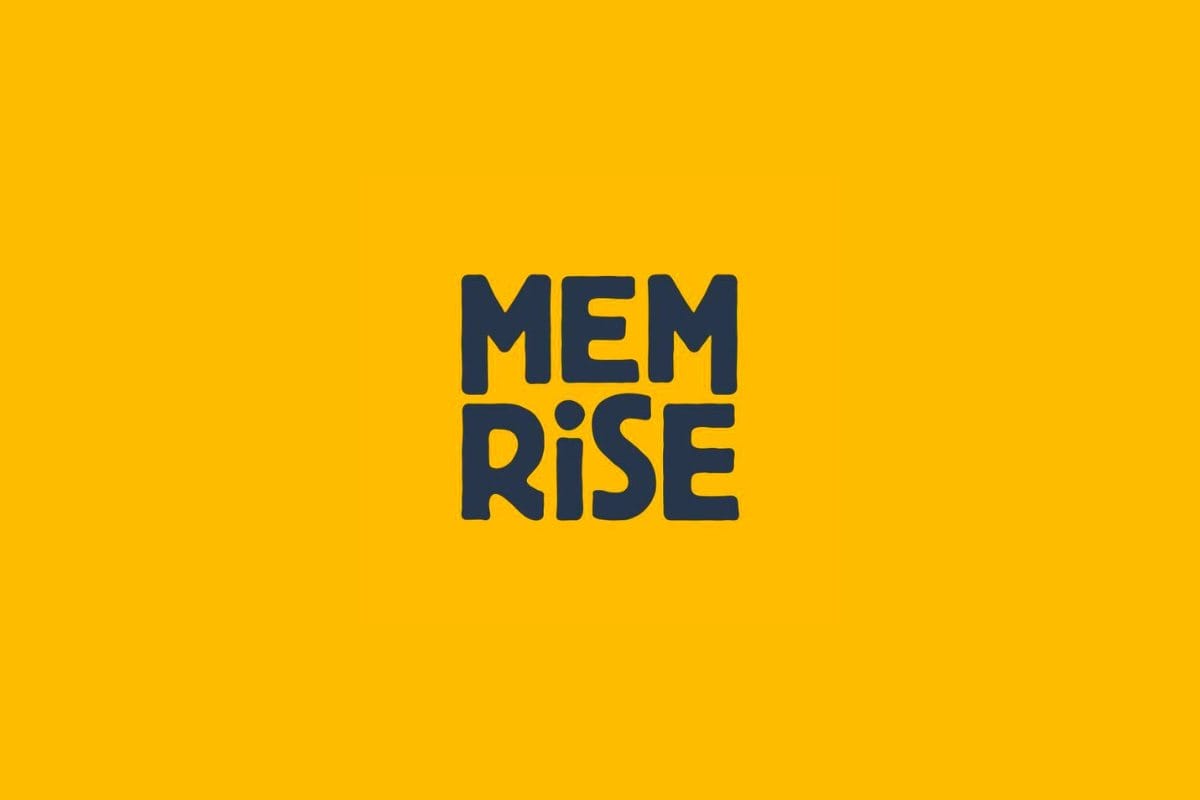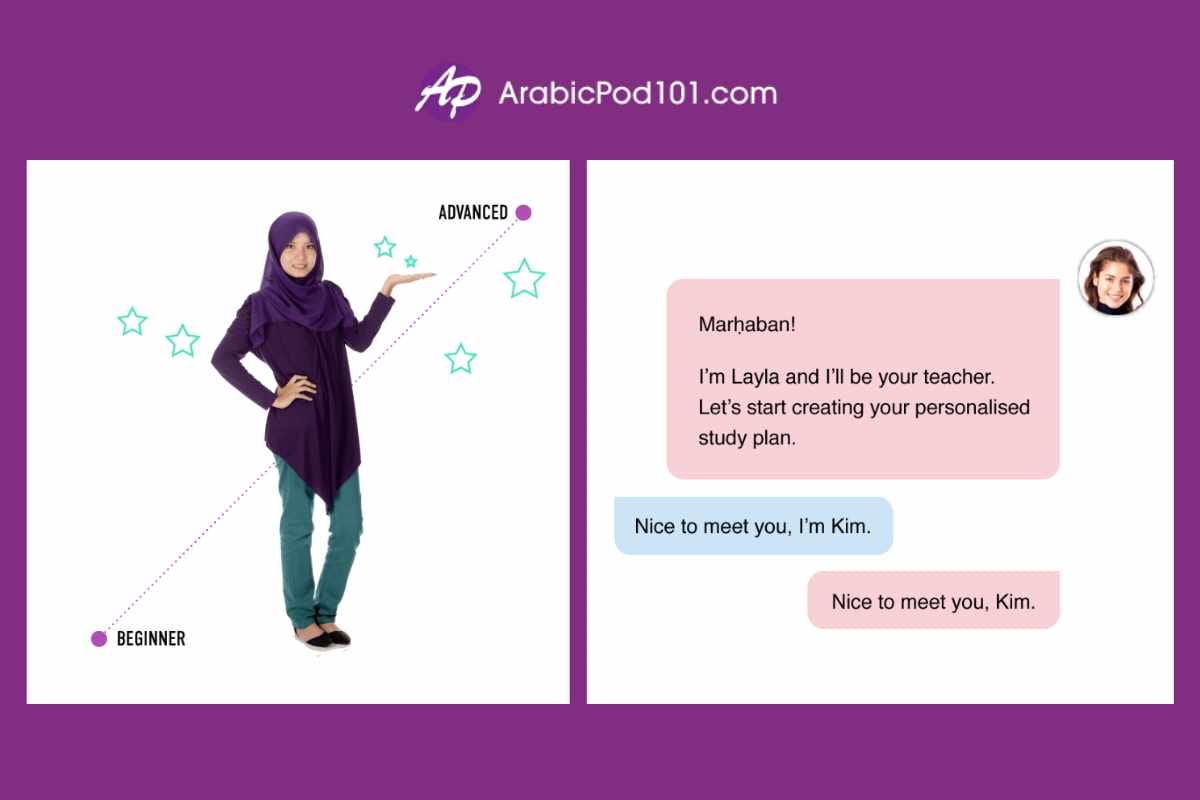Over 20 countries have Arabic as their official language. Around the world, about 110 million people speak it as their native language. Learning Arabic not only offers cultural enrichment but also opens doors to professional opportunities. In celebration of the Arabic Language Day, we’ve curated this feature to help you find the most suitable app for learning Arabic language for you.
1. Duolingo

Duolingo is one of today’s most popular language-learning app. If you want to explore Arabic in a slow yet steady manner, this is a tool you can count on. It’s game-like approach allows you to learn the language by level. You’ll start with recognizing letters and sounds before advancing into constructing words and sentences.
Their tailored quizzes include many activities like fill-in-the-blanks, flashcards, and multiple choices. Additionally, they have a notification system that reminds you to practice daily. You can also maintain “streaks” by continuously using the app every day, further motivating you to build a learning habit.
Best for: People looking for a free Arabic learning app
Pros:
- Free to use with no limitations
- Game-like approach to learning
- Lessons help improve reading, writing, speaking and listening
Cons:
- Can be repetitive
- Has no tutor guidance
- Limited depth in learning advanced language skills
2. Rocket Languages

Many consider this the best app for learning Arabic language. It’s comprehensive and breaks down difficult concepts with bite-sized activities and self-study exercises. It caters to learners who want to know about grammar, sentence structure and pronunciation — all while gaining cultural insights for effective communication with native speakers. Its voice recognition technology is a showcase of the app’s mission to help you sound like a local.
To keep track of your progress, it will evaluate your answer to a certain task and assign you with a percentage grade. On the other hand, you will be given the option to categorize the exercise as “easy,” “good” or “hard.” to help tailor future lessons.
Best for: People who want to learn to talk like a local
Pros:
- Breakdown of difficult concepts
- Speech recognition technology for improved speaking skills
- Includes cultural lessons
Cons:
- The mix of Arabic dialects may be unclear
- Lack of human guidance in the learning process
- No pointers on how to enunciate properly
3. Memrise

An important part of learning any language is expanding your vocabulary. One app to help you do just that if you’re particularly learning Arabic is Memrise. Within the app, you can access game-like features. You can complete multiple-choice and fill-in-the-blank questions, gain points, and track your performance with their leaderboards.
It’s beginner-friendly and empowering in the sense that it starts with you learning the alphabet. The app presents various letter forms and deconstructs words. As you start to form words yourself, it will showcase learned words, which enhances confidence over time.
Best for: People who want to improve vocabulary in a fun way
Pros:
- With resources narrated by native speakers
- Game-like features (complete with leaderboards and reward points)
- Confidence-boosting as it shows words you already learned
Cons:
- Limited free content
- Navigation can be challenging
- Doesn’t cover grammar extensively
Read: Top productivity apps to install on your devices
4. ArabicPod101

If you want an app for learning Arabic language that heavily uses audio and video, this is for you. The app offers downloadable pre-recorded files for self-paced learning, immersing users in real-life conversations with native speakers. There are also articles, written in English and Arabic, to serve as supplemental lessons.
One of the key highlights of this app is that you can send messages to a personal teacher. Then, they will give corrections and feedback to help improve your Arabic language skills. Note that this feature is available for Premium Plus users.
Best for: People who want to learn via audio and video
Pros:
- Diverse lesson topics available in audio and video format
- New content is always being added
- Personal teacher feedback in Premium Plus subscription
Cons:
- Can be overwhelming
- The course structure is unorganized
- Feedback is not real-time
5. Rosetta Stone

Every language learner possesses unique proficiency and individual needs. Rosetta Stone is crafted to facilitate learning depending on where you’re currently at. It employs a personalized learning system, featuring one-on-one tutoring sessions. This enables you to focus on areas that need the most improvement. Keep in mind that these sessions are only under half an hour to cater to other students.
Moreover, the app provides interactive exercises and voice recognition technology to help you improve both your comprehension and speaking skills. Ready-for-download self-study lessons are also available.
Best for: People who want one-on-one tutoring
Pros:
- Immersive exercises and personalized learning system
- High-quality audio by native Arabic speakers
- With speech recognition technology
Cons:
- Limited class availability
- Writing exercises are not included
- Courses have a rather slow pacing
Choosing an Arabic learning app
The Arabic language is a gateway to many opportunities. You can immerse yourself in a vibrant culture and advance your growth both on a personal and professional level.
When choosing an app to learn this beautiful language, consider your current skills and needs. Whether you want something free or have the capacity to pay for premium features, there are a number of apps available. These tools accommodate diverse preferences, facilitating text, audio or video-based learning, and targeting specific aspects such as vocabulary or pronunciation.
Like any language, the key to successfully learning Arabic is to be consistent and embrace a routine that aligns with your preferences.
For more technology news, click here.








